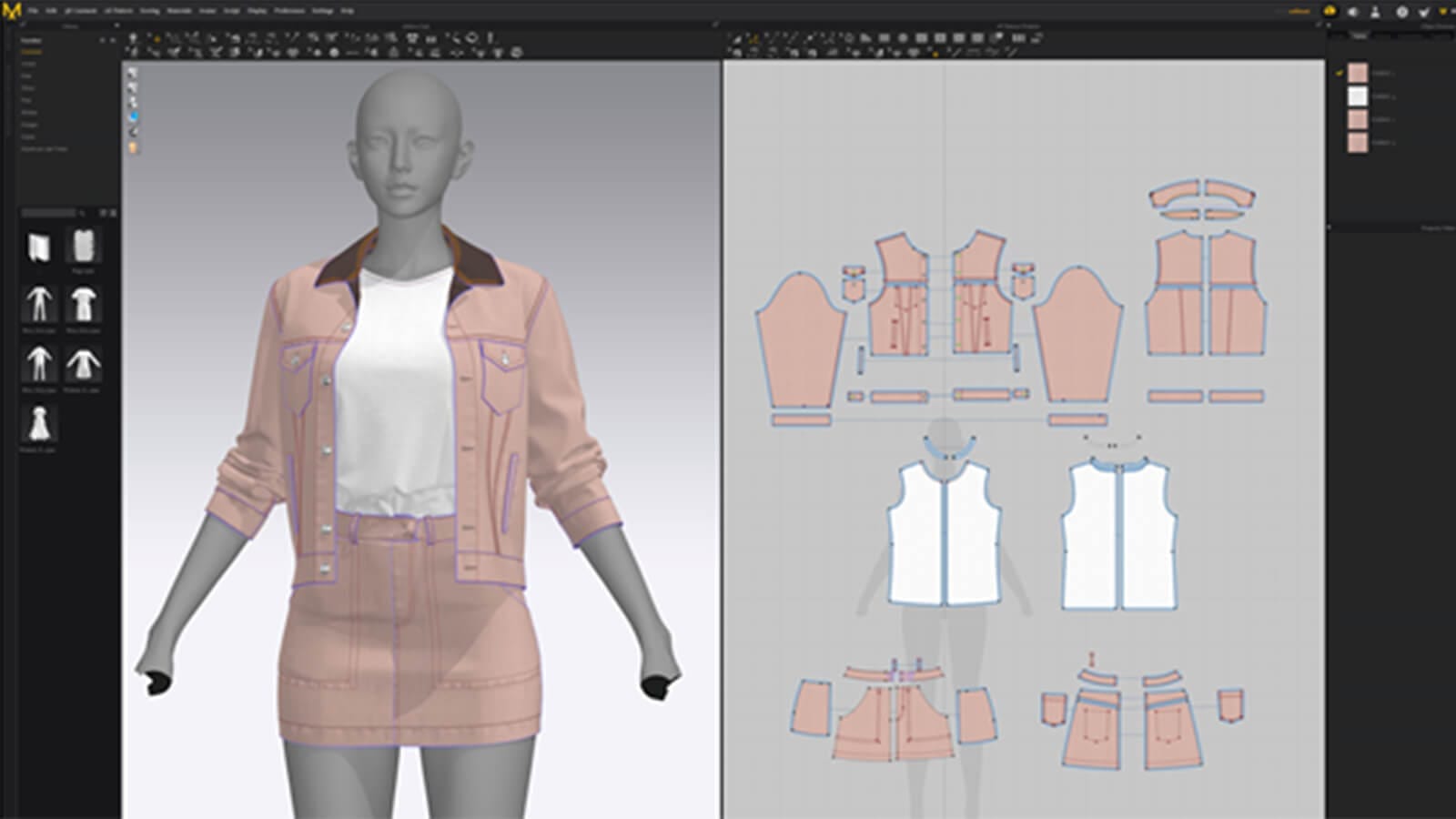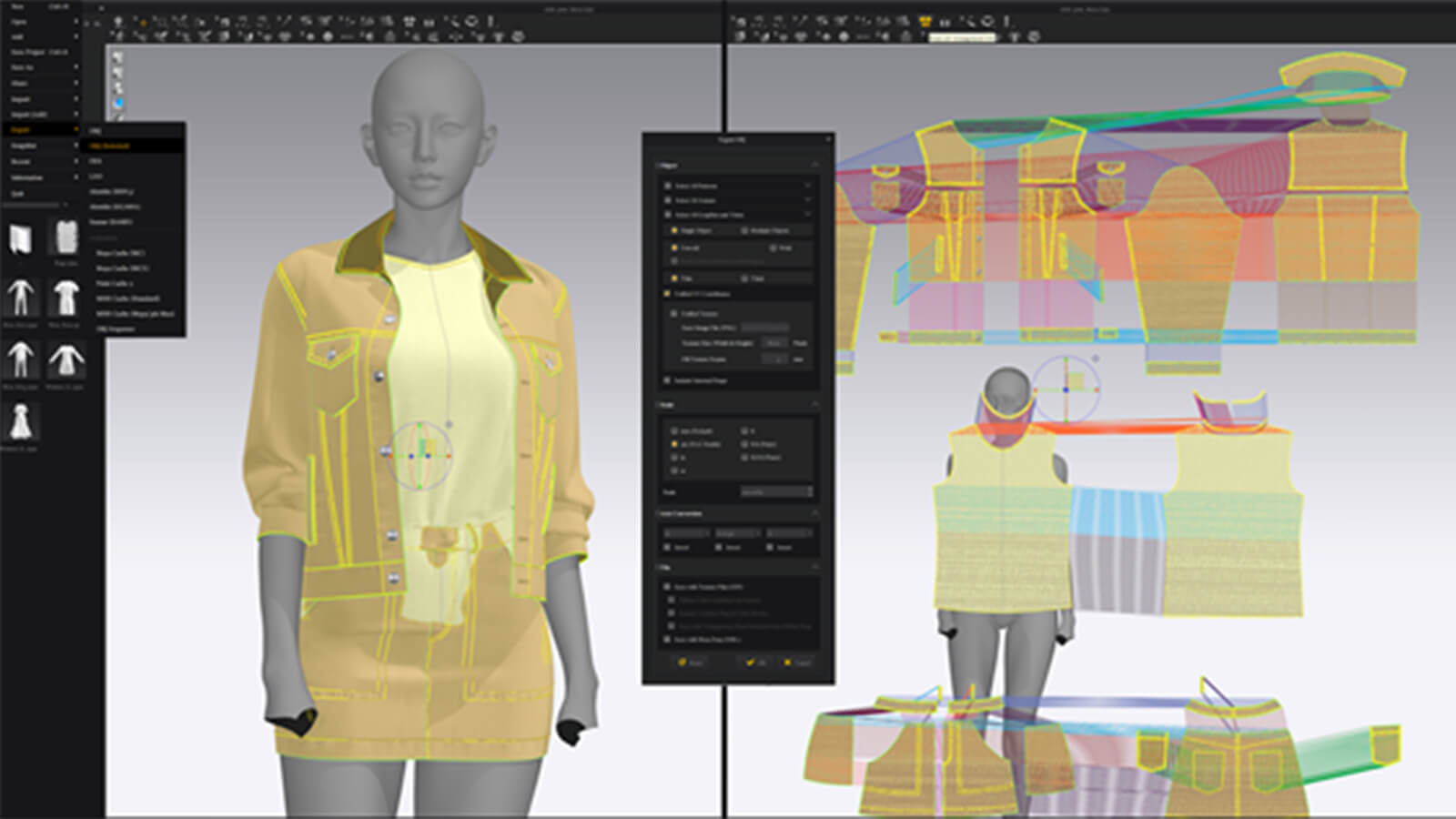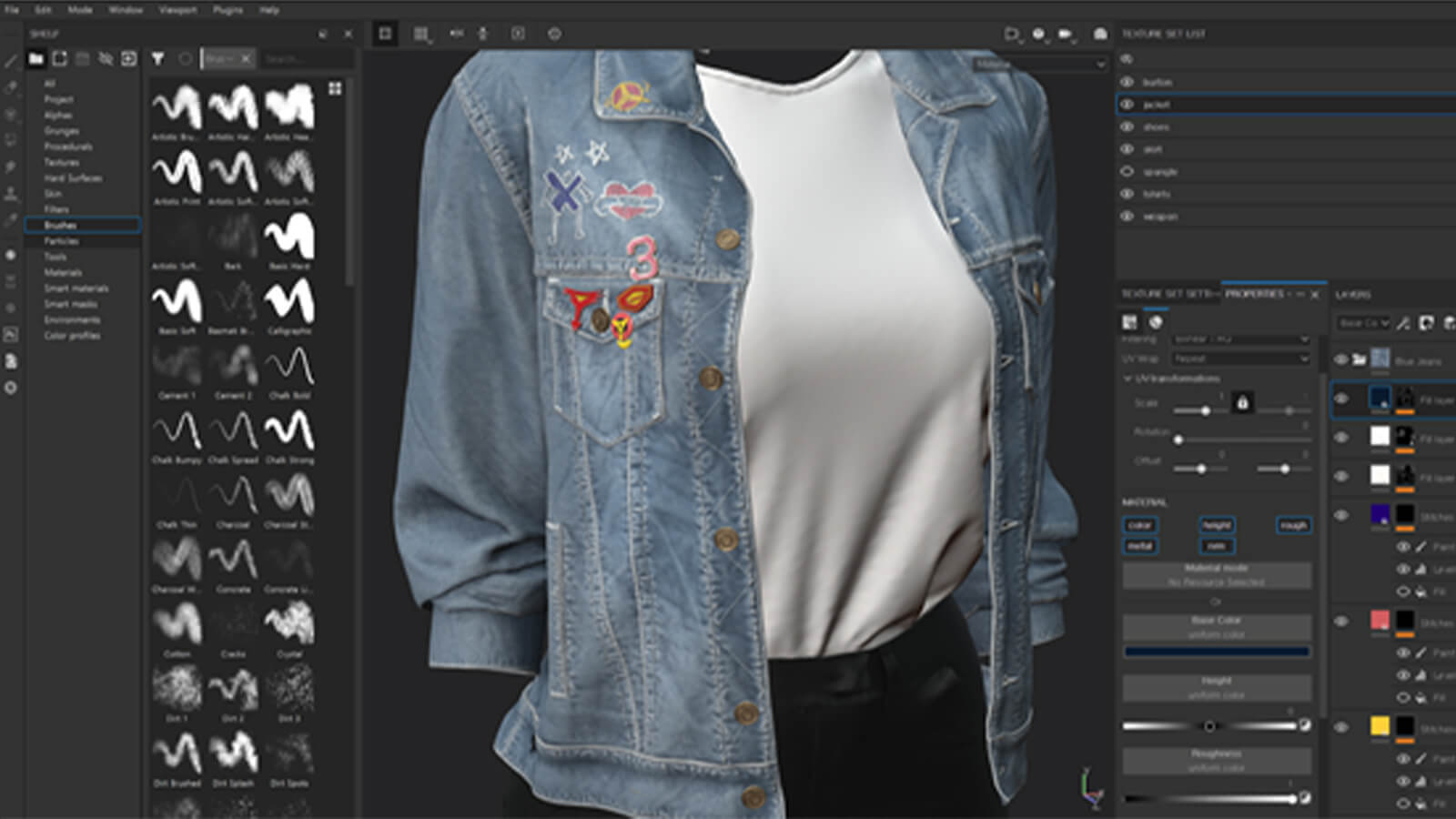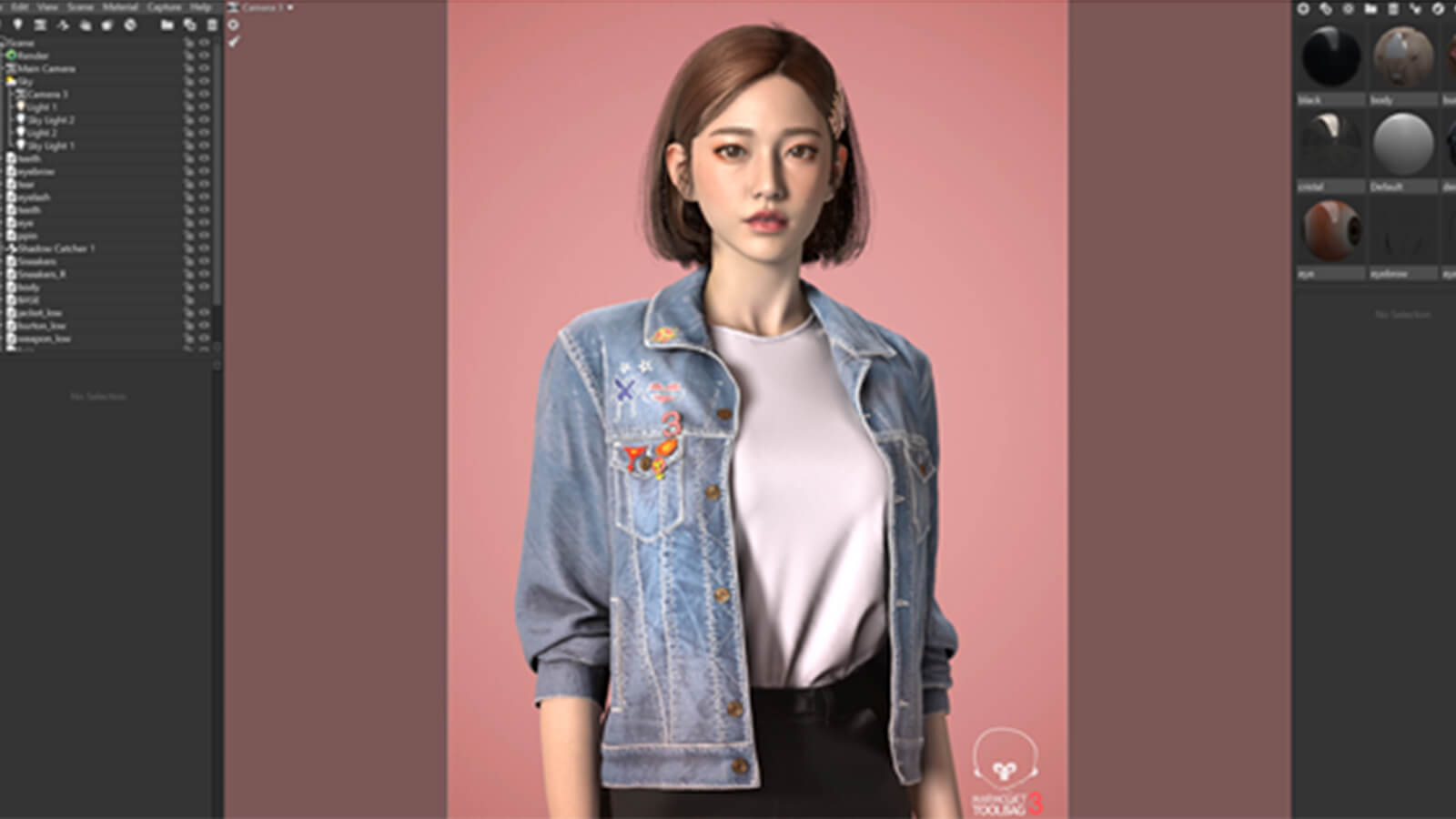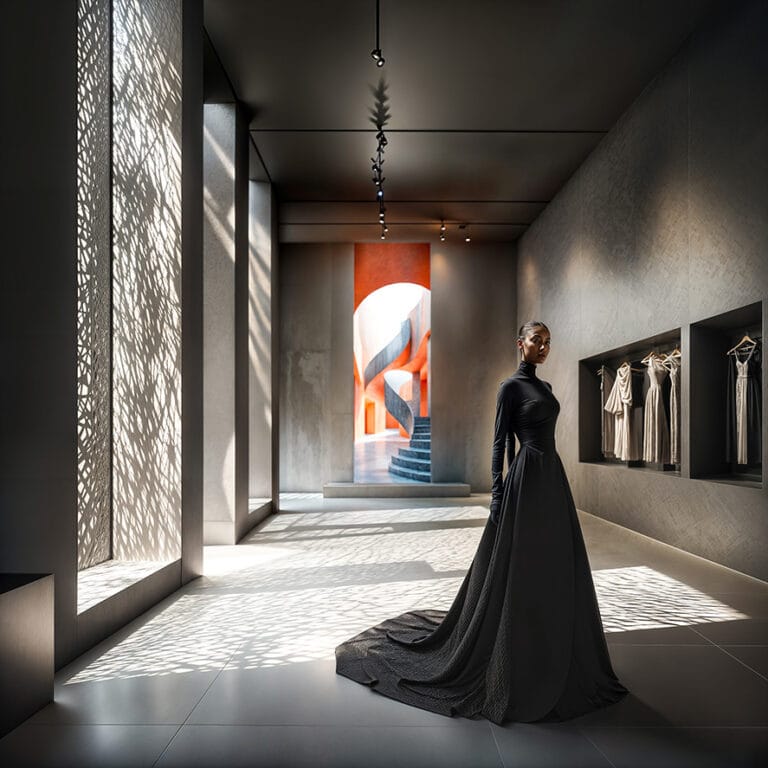Many trends and fads breeze through the fashion industry. While some stay in the space for a significant time period while others quickly fade away. In the past two years since the pandemic, the then-fad-now-a-trend is here to stay with the industry as long as humans love fashion. The trend is none other than digital fashion.
Fashion brands do not simply display their latest designs on rigid runways anymore. They have long shifted to the dynamic art of virtual spaces. They bring joy to the consumers by creating digital garments that defy physicality and imagination with the most stunning backdrops. With the development of the metaverse, they are further equipped to serve the consumers with high-end technology like AR and VR experiences. And here’s why you should download our digital fashion guide and start creating virtual garbs now:
- Visuals are everything with consumers retaining up to 80% of them. They are the most viewed content type with rising social applications like Instagram and TikTok.
- Digital clothing sales in the metaverse will soon be a lion’s share in the brands’ revenues, with some predictions of 25% by 2030.
- Foreseeing the future, major brands have already prepared themselves enough to take up every opportunity in the online world. This gets every other brand to start crafting virtual clothes for their next collection.
If you’re ready for more opportunities and sales, download our FREE digital fashion guide now!
It is pretty obvious where the future of fashion is headed to. As a leading 3D creative agency, we offer you the following to take your first steps in creating your virtual garments.
Introduction to Fashion Design Process
The fashion design process is defined as the art of applying design, aesthetics, creativity, and uniqueness to clothing and its accessories. In simple words, designing a garment begins with concept ideation and continues with its production. The process itself can be complex and confusing for fashion brands like yours. But the emergence of innovative fashion design software has offered several advantages to materializing brands’ ideas.
To create high-quality prototypes, brands seek effectiveness and functionality when choosing fashion design software. With the right program, taking creative sketches from paper to digital renders can prove beneficial. The most popular tools have various purposes and provide greater flexibility and ease in exploring design alternatives. These programs offer everything from pattern-making to fabrics and a few other essential functions.
Top Fashion Design Software in the Market
In the fashion industry, innovation and trends come along with the constant evolution of their basic practices. Thus, some lead programs hold notable aspects that are based on a digital fashion designer’s perspective.
CLO 3D
With an intuitive interface and video tutorials for users, CLO 3D allows an artist to run endless simulations to craft patterns, styles, and designs. Moreover, 3D remains an excellent method to get realistic visualizations of products, fits, and silhouettes.
There are around 23 fabrics options, but designers can customize new ones.
Marvelous Designer
This fashion design software specializes in creating 3D virtual clothing — everything from basic shirts to elaborate and complex dresses or suits.
Marvelous Designer makes the fashion design process more approachable with its comprehensive options and realistic renderings. It even makes it possible to work on the texture of clothes, details, or accessories.
Additionally, it is compatible with other 3D software such as 3DS Max, Maya, or ZBrush.
Wild Ginger Cameo
Wild Ginger Cameo is an apparel pattern development software for professionals pattern-makers. Accordingly, designers can craft custom creations or create a design for mass production of standard size. This program’s uniqueness lies in is its effectiveness in drafting, editing, and developing technical specifications for patterns.
ZBrush
An imposing design tool that specializes in texturing and painting. Its advanced functions and experimental interface make ZBrush a highly requested program in digital fashion design. Thus, it mainly targets experienced users.
ZBrush is top-ranked by designers for its impressive renderings. Its features allow customizable tools to shape, texture, and paint virtual clay in a real-time environment.
Adobe Illustrator
Over the years, Adobe Illustrator’s high performance has made it one of the best software for pattern-making. It also covers all facets of digital fashion design, including sketching and illustration.
This software enables artists and designers to create professional standard vector graphics. It has tools that aim at a wide range of strokes, shapes, and patterns along with freehand or assisted drawing functionality.
Puma’s digital campaign collaboration with The Fabricant
Trends Shaping Digital Fashion Design
Digital fashion design continues to inspire brands and consumers in many ways. Besides the obvious benefits of good exposure and sales, digital fashion is also being shaped by trends in other domains like data, technology, and ecology. Understanding these trends will help your brand craft designs and campaigns that are highly effective.
Data-Driven
The biggest flex of digital clothing is the rich source of consumers information they offer. Your brand can better understand customer preferences and shopping behavior to create products that meet their demands. Since they can browse clothes on digital platforms like metaverse, their preferences are automatically be understood.
By trading them as NFTs, your brand can also track items in the consumption chain. Hence, levering data on consumer trends can help your brand create pieces that are more likely to be purchased.
Sustainability
Digital clothing drastically reduces the negative impact on the environment. In fact, large retailers with physical products can benefit from digital fashion even without changing their main offerings.
PUMA partnered with lead digital fashion house The Fabricant to create a capsule collection called “Day Zero” with a low environmental impact. In addition, this campaign embraces a concept that eliminates procedures like sampling, handling, and additional logistics.
Virtual and Augmented Reality with Fashion Design Software
Besides shopping experiences, VR and AR technologies are being used by companies to attribute a piece of the design process to consumers.
Softwares like EFI Optitex have dramatically boosted the expensive and time-consuming process of finding a suitable fit. Further, this digital fashion design software has facilitated taking essential design components, such as flat sketches and technical patterns, and transforming them into simulated 3D renderings. This allows users to instantly adjust cutting, loosen the fit, and make all necessary adjustments in real-time.
Metaverse- Summing up Everything
The aforementioned trends of consumer data, sustainability, and advanced technology come together in one single circle of space called the metaverse. In the virtual world, your brand can set up virtual outfits that can be sold to consumers’ avatars as NFTs, launch them on beyond-the-imaginative runways, and offer vibrant and perceptive experiences.
Witnessing the constant changes in technology and its influence on fashion, your designers will deal with a high-level combination between the physical and digital world, uncovering and creating new ways of transforming the design process.
In simple words, to succeed in the 21st century is to enter and establish yourself in a new world of opportunities-metaverse. To enter metaverse, you would require digital clothing and virtual models. To create digital garbs and models, you would need to come to us, a leading 3D creative studio, meant to custom tailor our services to your needs.


